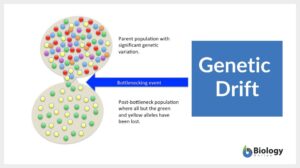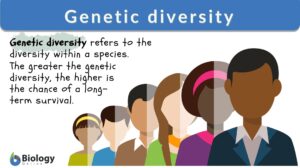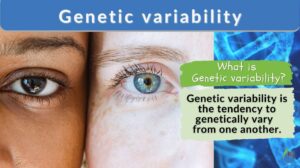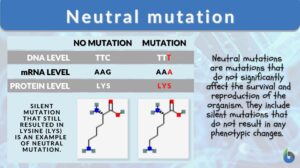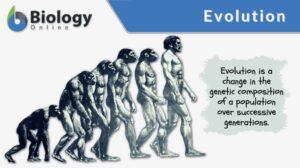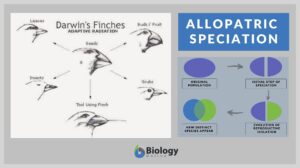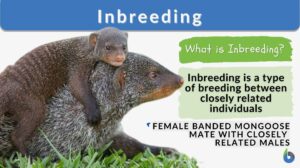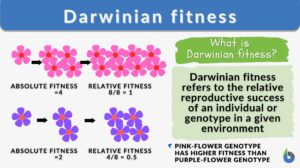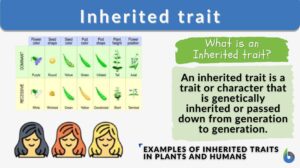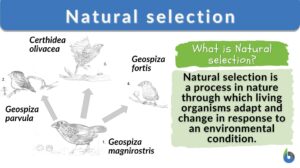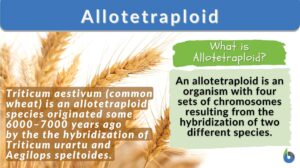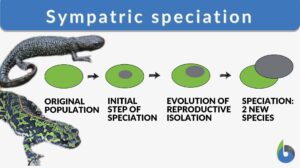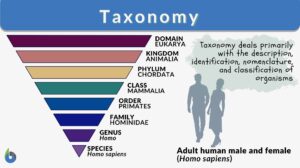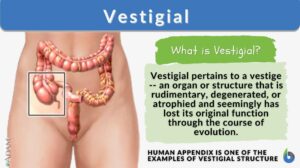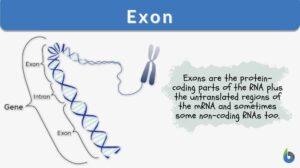Search Results for: genetic drift
Genetic drift
Genetic Drift Definition What is genetic drift in simple terms? The simple definition of genetic drift ( also referred to... Read More
Genetic diversity
Genetic Diversity Definition Each species is composed of individuals with their own set of genes. A gene is the inheritance... Read More
Genetic variability
Genetic Variability Definition Genetic variability refers to the tendency of individual genetic characteristics in a... Read More
Neutral mutation
Neutral Mutation Definition What is a neutral mutation? Neutral mutations are the alterations in the DNA that are... Read More
Allopatric speciation
We can define speciation as a process by which the novel genetically independent group of organisms are formed through the... Read More
The Gene Pool and Population Genetics
Reviewed by: Mary Anne Clark, Ph.D.The previous tutorial is about adaptive radiation. Adaptive radiation is... Read More
Neutral theory of molecular evolution
Definition noun A theory stating that evolutionary changes particularly at the molecular level arise from genetic drift of... Read More
Population Growth and Survivorship
By: Maria Victoria GonzagaPreviously, we learned about biodiversity and endemism. Now, let's look at the... Read More
Inbreeding
Inbreeding is a type of breeding or mating where closely related individuals with a common ancestor produce progenies with... Read More
Adaptive evolution
Definition noun A kind of evolution that involves evolutionary changes that are adaptive to a particular... Read More
Darwinian fitness
Darwinian Fitness Definition Darwinian fitness refers to the measure of an individual organism's or genotype's reproductive... Read More
Genetic variation
Definition noun, plural: genetic variations Variations of genomes between members of species, or between groups of species... Read More
Inherited traits
What are Inherited Traits? The characteristics or traits that are passed from parents to offspring are known as inherited... Read More
Natural selection
Natural Selection Definition What is natural selection in biology? Natural selection is defined as a process in nature... Read More
Allotetraploid
Allotetraploid Definition An allotetraploid is an organism with four sets of chromosomes (4n). This is in contrast to the... Read More
Sympatric speciation
Speciation is a process of evolution through which two different existing populations evolve and a distinct species form. It... Read More
Genetic equilibrium
Definition noun A condition where a gene pool is not changing in frequency because the evolutionary forces acting upon the... Read More
A Look Into Natural Selection and its Mechanisms
Charles Darwin is credited with outlining the fundamentals of evolution. He was a smart and eager pupil and protégé, and... Read More
Equilibrium
Equilibrium Definition In Biology Equilibrium refers to the state of balance and stability. In biology, equilibrium is... Read More
Peripatric speciation
Definition noun A speciation in which new species evolve in a sub-population that colonized a new habitat or niche within... Read More
Microevolution
Definition noun, plural: microevolutions Evolution involving small-scale changes, i.e. within the species, occurring over a... Read More
Evolutionary biology
Definition noun The branch of biology concerned with the evolution of organisms, particularly the origin and descent of... Read More
Hardy-Weinberg equilibrium
Definition noun A principle stating that both allele and genotype frequencies in a randomly-mating population remain... Read More
Hardy-Weinberg law
Definition noun A principle stating that both allele and genotype frequencies in a randomly-mating population remain... Read More
Hardy-Weinberg principle
Definition noun A principle stating that both allele and genotype frequencies in a randomly-mating population remain... Read More
